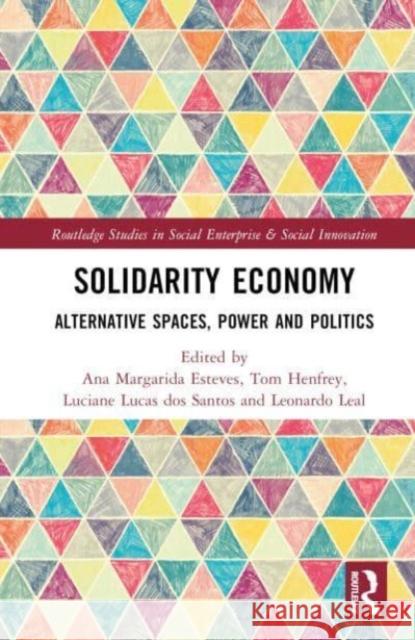Solidarity Economy » książka
topmenu
Solidarity Economy
ISBN-13: 9781032307060 / Twarda / 2023 / 256 str.
Solidarity Economy
ISBN-13: 9781032307060 / Twarda / 2023 / 256 str.
cena 759,15
(netto: 723,00 VAT: 5%)
Najniższa cena z 30 dni: 680,04
(netto: 723,00 VAT: 5%)
Najniższa cena z 30 dni: 680,04
Termin realizacji zamówienia:
ok. 22 dni roboczych.
ok. 22 dni roboczych.
Darmowa dostawa!
This book analyses how solidarity economy initiatives develop alternative spatialities as counterpower to mainstream economy.











